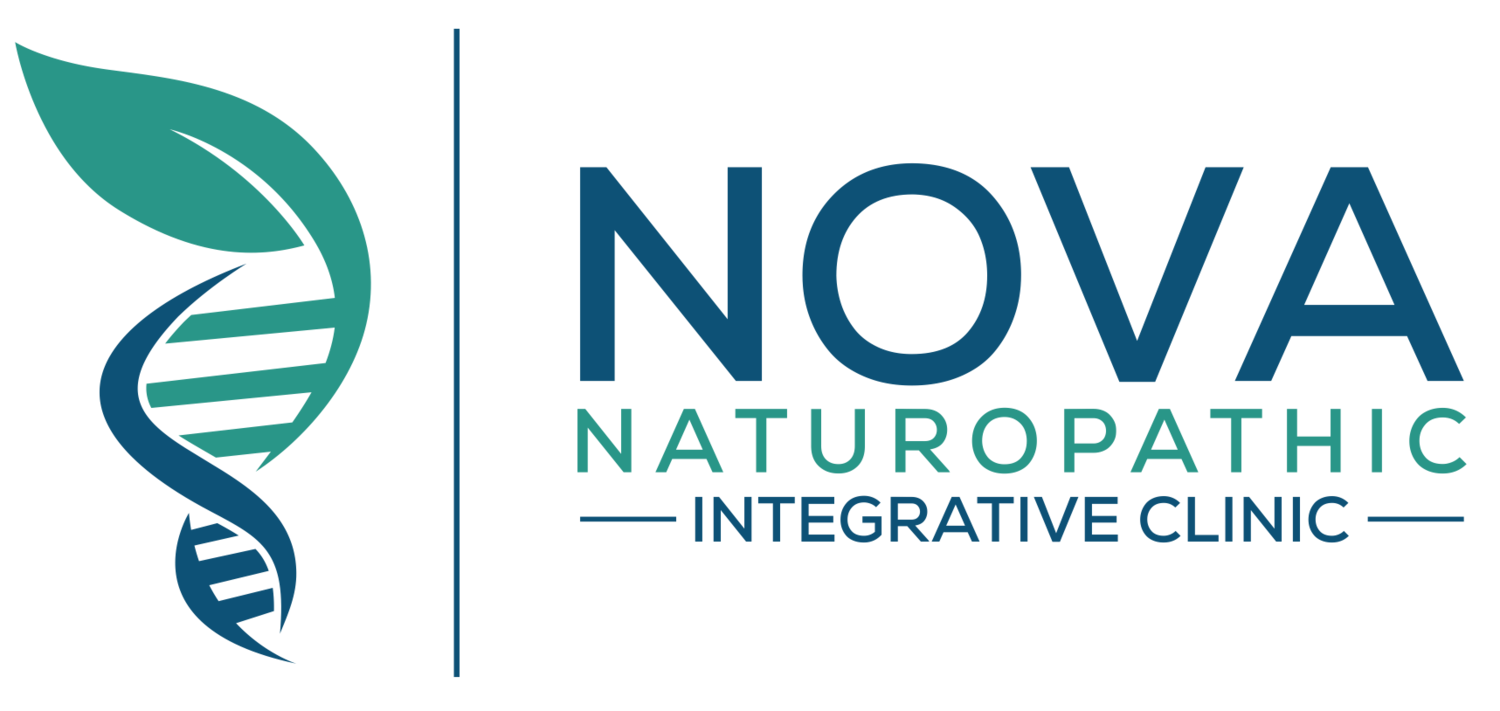weight loss: non-pharmacological approaches
Obesity and excess body fat are linked to some of the most common diseases in the western modern world. Cardiovascular disease, cancers such as colon cancer, diabetes, and dementia are all far more likely in patients that are overweight or obese.
But how do newer approaches measure up? Here, we discuss the risks of popular weight loss drugs, and the naturopathic approach to weight loss and metabolic health.
The Risks of GLP-1 Agonists
Glucagon-like peptide-1 receptor agonists, known by names such as Ozempic, Wegovy, and Mounjaro, have exploded in popularity since 2023. Originally approved for type II diabetes, they tame excessive blood sugar levels and reduce appetite by increasing insulin production and slowing digestion.
In the doses regularly prescribed, many people stop taking GLP-1 drugs because of their side effects. Common issues include nausea, severe constipation, vomiting, pain, and indigestion. Some people may also experience headaches, kidney injuries, or a faster heart rate. It’s also important to remember that GLP-1 drugs can affect absorption of other medications, even leading to “Ozempic babies” as the contraceptive pill is not absorbed fast enough.
Why Insulin Matters
Excessive blood sugar levels cause insulin to rise, and stay up if they stay elevated. A diet high in sugary and/or processed foods cause blood sugar levels to go up in a big way. The body compensates and produces massive amounts of insulin to bring the sugar down but this usually leads to an overcorrection and instead causes a very low blood sugar level and this generates lots of cortisol - a stress hormone. In addition, chronic stress and inflammation will also increase cortisol quite a bit. Inflammation is a key driver of insulin resistance!
High levels of insulin contribute to weight gain and many conditions associated with excess fat. For example, a high BMI and diabetes combined are estimated to cause 5.7% of cancers. This includes almost one-third of endometrial cancer and over one-sixth of liver cancer. Insulin’s role in promoting tissue growth is thought to be responsible. Additionally, taking higher doses of insulin is linked to weight gain, especially if you use long-acting types.
What’s more, insulin may increase blood pressure. It causes sodium retention in your body, which leads to fluid retention and higher blood pressure. On the other hand, high-salt diets can bump up insulin by reducing sensitivity.
How Else Can I Improve Insulin Sensitivity?
As naturopaths, we have multiple ways to address poor insulin sensitivity when the “calories in, calories out” (CICO) model isn’t working.
One common recommendation is intermittent fasting. Multiple studies show that it not only assists in weight loss by reducing your overall calorie intake, but significantly restores insulin sensitivity. You may confine all of your food intake to a window of 6-10 hours, depending on your needs.
Additionally, you may have chronic, low-grade inflammation driving insulin resistance. Inflammation reduces insulin sensitivity to free up energy for fighting infections or injury, even if there is no “threat” or injury to deal with. Your naturopath may use supplements or herbs such as turmeric (curcumin), ginger, frankincense, or probiotics. You will also receive advice on anti-inflammatory foods, including oily fish and fresh produce.
If abdominal obesity is your main concern, you are more likely to have high cortisol (stress hormones) as your main issue. Cortisol increases fat accumulation, especially around your abdomen, and may contribute to insulin resistance by raising blood sugar levels. Stress management can include lifestyle interventions such as advice on exercise and self-care, alongside supplements for brain health and mood.
Overall, there are plenty of options to be found in naturopathic medicine for sustainable weight loss. If you want to get started developing an affordable, prescription-free and minimal-side effect treatment plan, click here.

